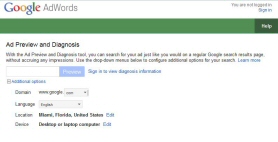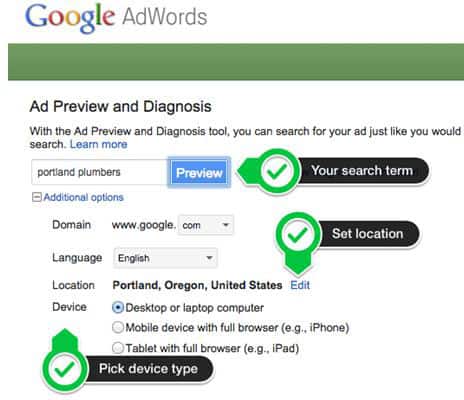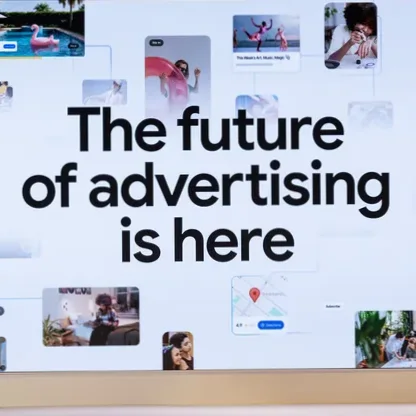For years, we’ve heard this refrain from business people. “We need to show up at the top of the search engines for [insert keyword].” Even though a lot more goes into online marketing success than simply being ranked at the top of the search results, it’s easy to get focused on this particular issue,  sometimes to the exclusion of other matters that could, in fact, impact your business more.
sometimes to the exclusion of other matters that could, in fact, impact your business more.
In some cases, focusing too much on your search engine rankings can actually set you back. This is true whether you’re concerned with organic rank, or you just want to make sure your ads are showing up where and when they should. Let’s examine why this is so.
Google, Bing and the other search engines exist to connect people (users) with information. They monetize this valuable service by selling ad clicks next to the search results. Advertisers like the Pay-per-Click (PPC) model because they pay only when someone clicks their ad.
Unsurprisingly, search engines are very interested in making money and they make it through ad clicks. If you want proof, just look at what happens if a PPC ad you’re running has a low CTR (Click-Through-Rate, the ratio of Impressions to Clicks). Your Quality Score plummets, CPC (Cost-Per-Click) shoots up, your ad position drops like a rock, and you soon find your ad on Page 2 or beyond no matter how much you increase your bid.
Whenever you check to see if your ad is running, you don’t click on your ad because, of course, that would cost money. But by triggering an ad impression without a click, you are lowering your CTR. Over time, this will drive up your CPC when someone really DOES click your ad.
It makes sense if you think about it because every time your ad shows up on the search results page without generating a click, it costs the search engine money. Your ad is taking up prime real estate, and perhaps preventing another, more successful ad from showing.
The search engines are keenly aware that a high volume of searches are conducted solely to check organic ranking and ad positions. Some estimates indicate that as many as 40% of searches are conducted to investigate ranking and ad positions. This places an enormous burden on the search engine’s infrastructure costs that go into delivering search results in a fraction of a second.
If enough searches are conducted from one IP address, search engines may require entering a Captcha to continue access. In cases such as the use of an automated bot, an IP address can be blocked from accessing a search engine entirely for some period of time.
Google provides a free Ad Preview Tool for checking ad positions. This tool is also useful for checking organic rankings. It provides a generic, non-personalized results page and can easily be adjusted to show search results in any geography. For example, someone in Boston can search for “pizza shops” but set the tool’s location to Boise Idaho and see results that would appear if they were actually in Boise. The search results and ads on the page are not clickable. There doesn’t seem to be a limit imposed on its use. Best of all, using the tool does not increase the ad Impression count, so you can check on things without affecting Quality Scores or CTR.
To access the tool, enter “ad preview tool” in the search box and click on the first link. You don’t need an Google Ads account to use the tool. One limitation of Google’s Ad Preview Tool is that it does not display ad sitelinks, but the rest of the ad is there in the correct position.
Finally, keep in mind that search results are personalized these days. What you see when you perform a search is not necessarily what someone else will see. In an effort to make your search experience relevant and efficient, search engines have made huge strides in taking your location, your browsing history and your previous search activities into account in an effort to present you with results that are customized to your needs. Being logged in to your Google account can alter your search results on Google as well. Semantic search, where each query in a series of searches builds upon the previous queries, or where the search engine returns actual answers instead of a list of pages that might have the answers, is a new and fascinating example of this capability.
In summary, there are costs associated with checking your search rank and ad positions. Our recommendation is to play it safe and use the Ad Preview Tool when your curiosity gets the best of you.





